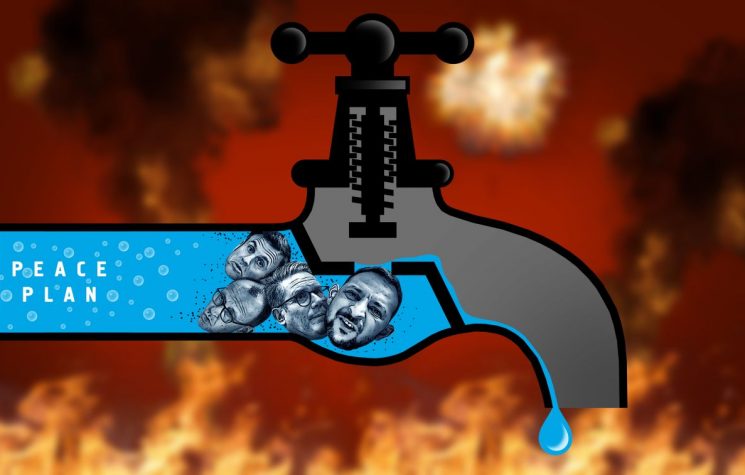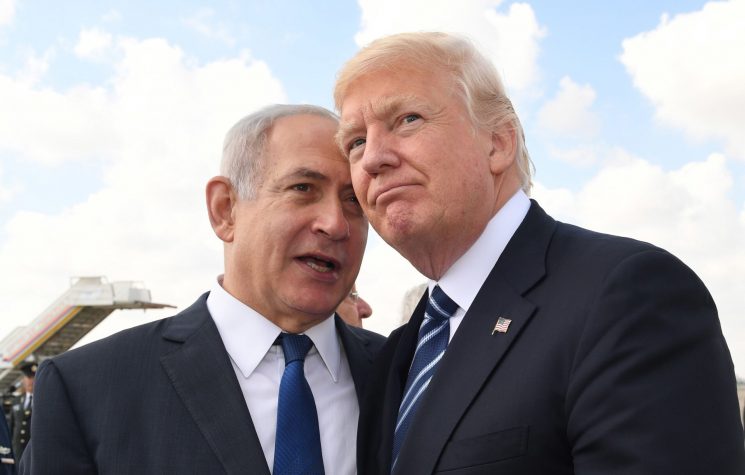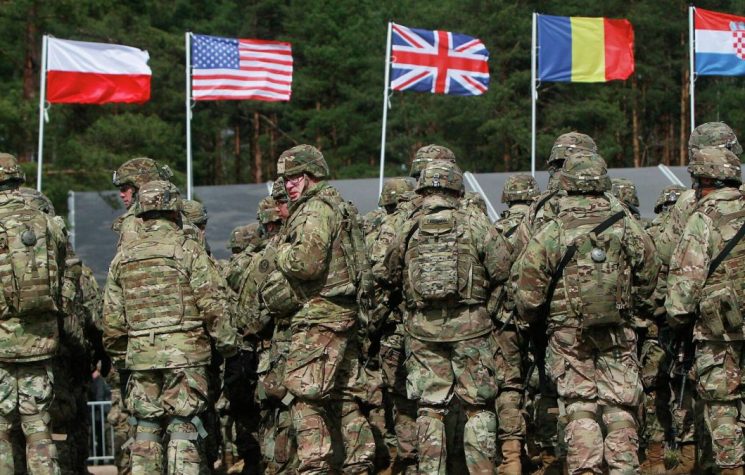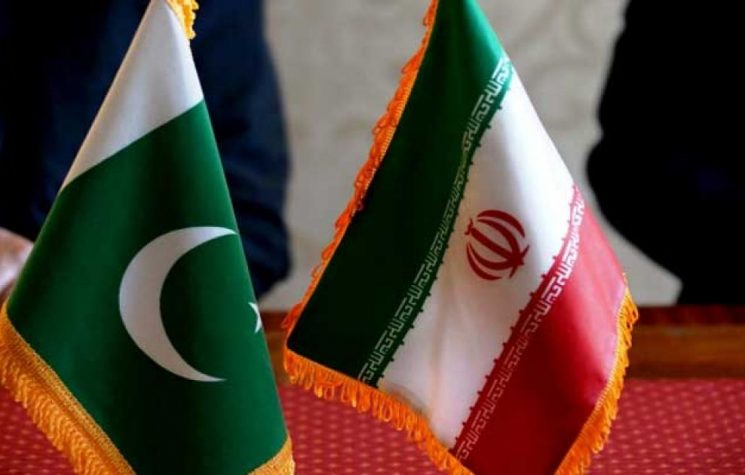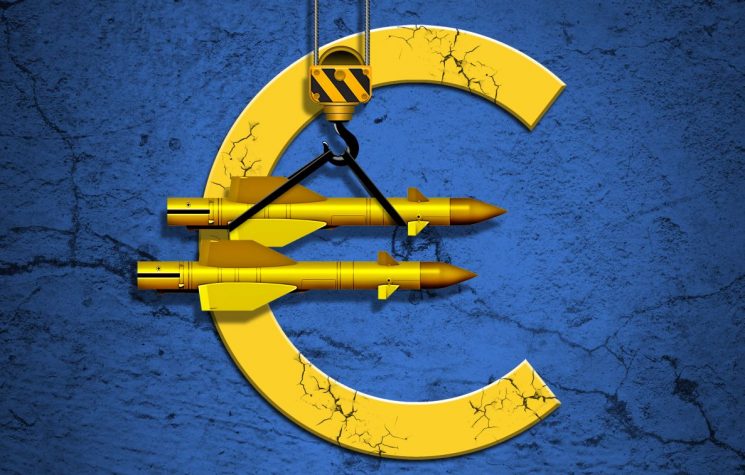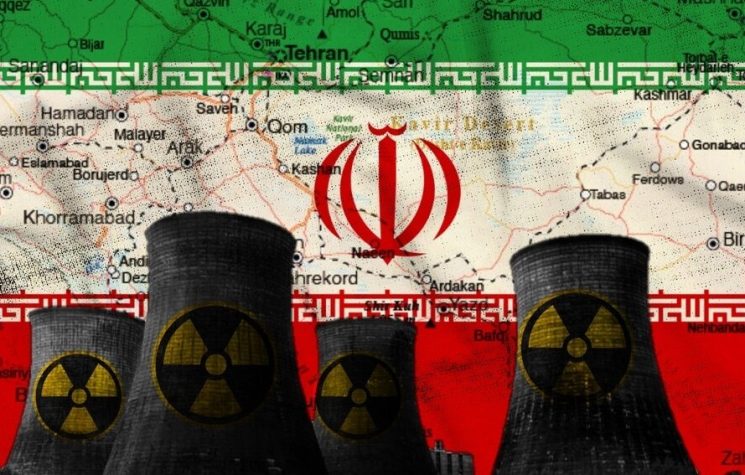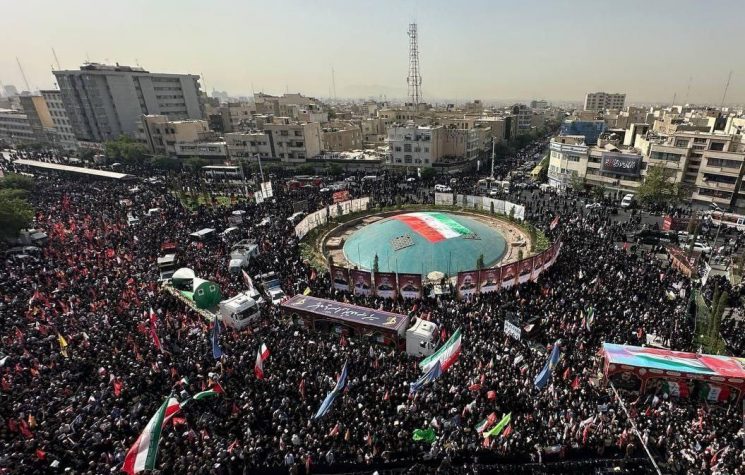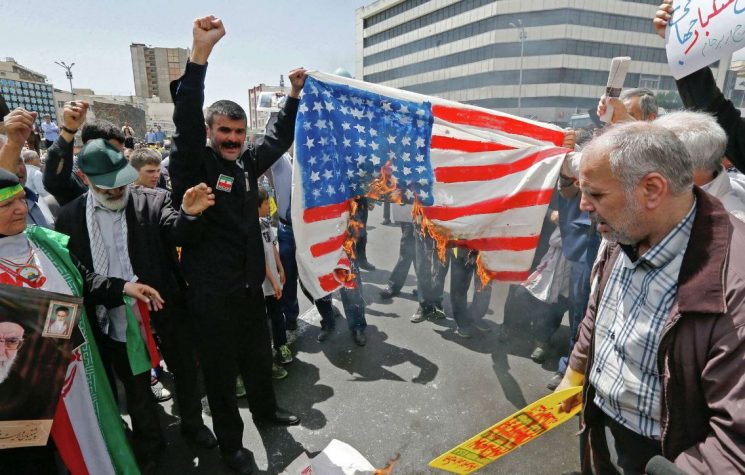By bombing Israel, Iran showed the world that attacks on embassies remain a serious crime, subject to severe military responses.
❗️Join us on Telegram![]() , Twitter
, Twitter![]() , and VK
, and VK![]() .
.
Contact us: info@strategic-culture.su
You can follow Lucas on X (formerly Twitter) and Telegram.
Iran’s military response against Israel was extremely important, both for the balance of forces in the Middle East and for the global stability of relations between states. The Iranian attack was efficient in showing to the enemy the strength of its military power, without, however, generating major escalations in the regional conflict. Above all, the Persian country’s missiles and drones made it clear to the world that attacks on diplomatic facilities remain an intolerable crime, capable of generating severe retaliation.
Iranian forces, in cooperation with the Axis of Resistance’s militias, launched a retaliatory attack against the Zionist state, using hundreds of drones and missiles against several targets on Israeli territory. The Israeli air force’s military facilities in the Golan Heights (Syrian territory illegally occupied by Israel) were the main targets, with Iranian missiles causing severe damage to local infrastructure. The Israeli attack on the Iranian Embassy in Syria, as well as other incursions into Syrian territory, was carried out with planes that came from the air base in the Golan Heights, which justifies Tehran’s choice of target.
The Iranian attack method was quite simple, technical and direct. Hundreds of suicide drones were launched in four different waves, which saturated the Israeli defense system. Iron Dome proved insufficient to neutralize such a number of UAVs, making Israeli territory vulnerable to attacks. Although several drones were shot down — some of them were neutralized even before reaching Israel, due to the work of American and allied forces in neighboring countries —, most of the Iranian missiles reached their targets, making the attack an absolute strategic success.
It must be emphasized how Iran wisely used cheap drones to neutralize the Israeli Iron Dome and make the missile incursion easier. Each Iranian drone costs an average of $20,000, while the operational cost of Israeli air defense is extremely high. It is estimated that Tel Aviv spent more than one billion dollars in an unsuccessful attempt to protect itself from Iran. Meanwhile, the cost of the operation to Iran appears to have been around 60 million dollars, which shows how the Persian country had the advantage in the hostilities.
It is not yet known for sure how the situation will develop, however it is necessary to emphasize that, in addition to the military success, Iran obtained an important political and diplomatic gain with its attack. The regional military balance proved favorable to the Persian country, which showed to have enough strength to wage war against Israel — if necessary. Military experts have long stated that Iran is the greatest military power in the Middle East —, which has been questioned by biased Zionist analysts. With the recent attack, there no longer seems to be any doubt about which side is militarily superior.
However, the main benefit resulting from the attack is the fact that Iran has given a public response to the Zionist state for the crime committed in Damascus. By doing so, Iran showed the world that attacks on diplomatic buildings remain an intolerable crime under international law, legitimizing military responses. Tehran, in other words, avoided the normalization of the murder of diplomats and the military destruction of embassies and consulates.
If Israeli crime remained unpunished, attacks on embassies would tend to become increasingly frequent. Evidence of this is the fact that Ecuadorian authorities recently attacked the Mexican Embassy in Quito and aggressed the Mexican ambassador, in an act of extreme violence that was widely condemned by countries around the world. Israel had set a dangerous precedent for international relations, encouraging irresponsible governments to plan or commit acts of violence against diplomats. The result of this hypothetical scenario would be absolute total barbarism, where there would no longer be any respect for diplomatic missions around the world.
In fact, by attacking Israel with a massive incursion of drones and missiles, Iran showed the world that crimes against diplomacy will not be forgiven, but will require serious consequences and direct military responses to the aggressor country. In a way, by bombing Israel, Iran saved international relations, preventing global society from declining into absolute barbarism. Tehran reinforced the elementary principle of international law that establishes the protection of diplomatic facilities.
The Iranian attack, in addition to being an efficient retaliation, was also a way of “testing” Israel. If the Zionist State attacks Iran directly, there will certainly be an escalation of violence in the regional conflict. If it fails to do so, Israel will be tacitly acknowledging its defeat and saving the Middle East from a serious security crisis. However, in either scenario, something already seems clear: crimes against diplomatic facilities will never be tolerated.










